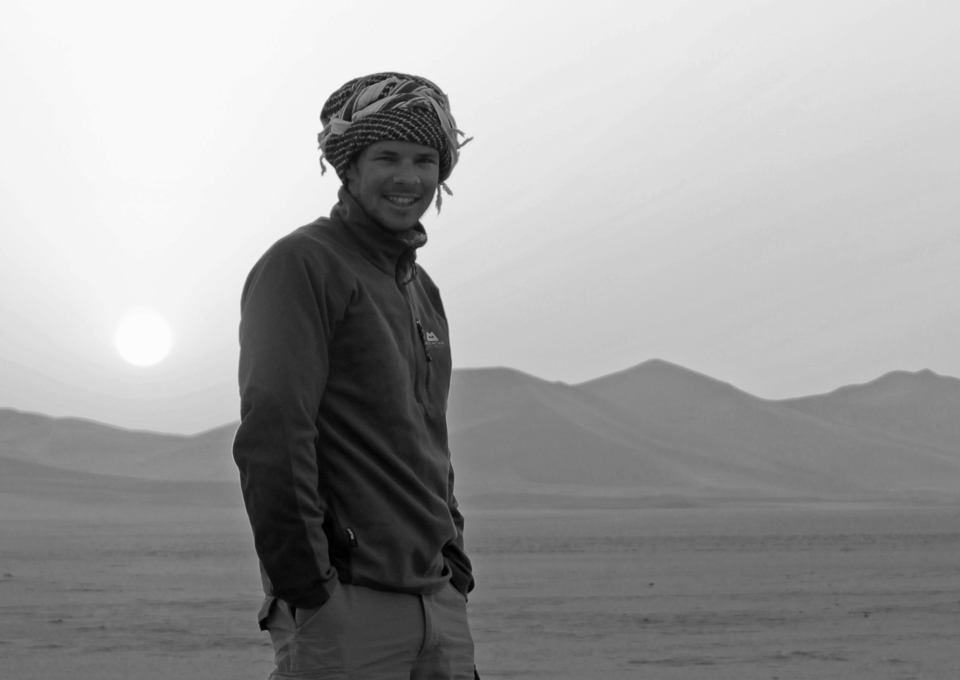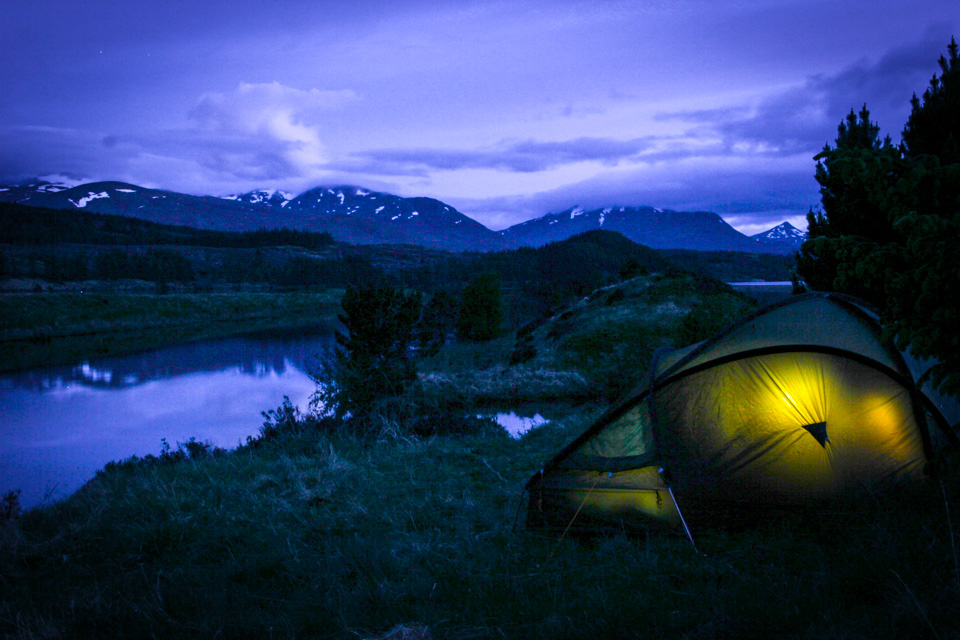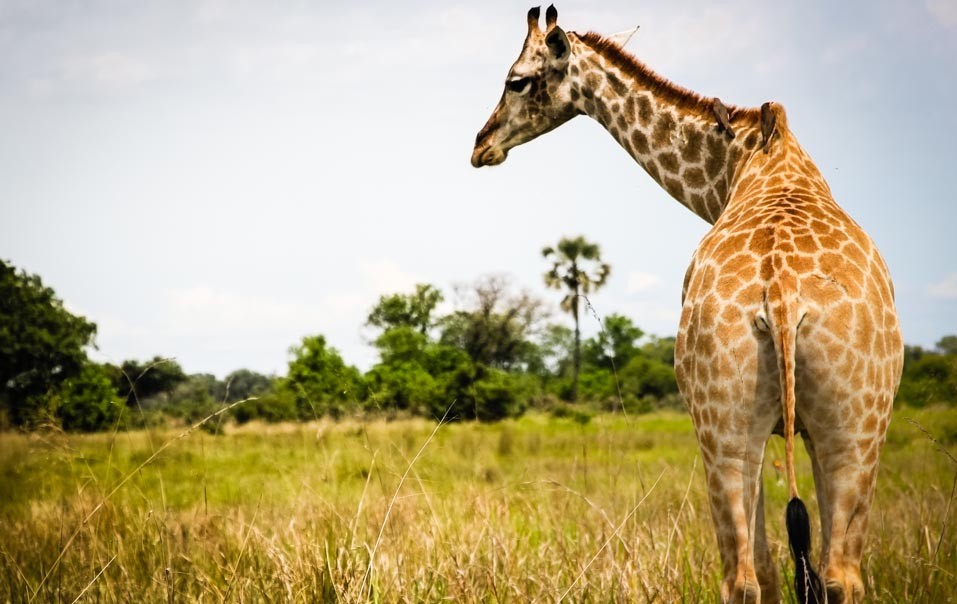10 Essential Skills For Modern Conservationists
Modern conservation is a complicated issue, drawing on biology, geography, politics and lots more besides.
Unsurprisingly as a result, working in conservation depends on developing a whole host of different skills. The difficulty is that these are constantly changing all the time. Here’s a few that are likely to be key as the field of conservation research continues to evolve.
1. Being willing to change your mind – In my view, one of the most important traits, if not a true ‘skill’. There’s a trend in conservation where we get our teeth into an issue, say biofuels or GM crops, make up our minds about it and then stubbornly stick to that dogma regardless of new information to the contrary. To some extent, it’s human nature to stick to your guns, but for us it shouldn’t be at the expense of evidence based conservation.
2. Tell a good story – People love a good story, but aren’t necessarily interested in conservation. Thus story telling is one of the most powerful tools we have to get our message across.
3. Network – Networking is a skill that takes practice and patience. Firstly, there’s ‘saying yes’ and putting yourself in situations where you’ll meet lots of people. Secondly, there’s having the confidence to introduce yourself and actually speak to those new people, rather than just being in the same room as them. We’ve all gone to events and then stood around talking to our friends! Be bold and ask others about their work as much as you speak about your own.

4. Write for your audience – In science and conservation you’ll find yourself writing for a variety of audiences. From academic research journals to popular magazines and blogs. As with anything, the best way to build your writing skills is plain old practice, practice, practice.
5. Know your way around social media – Modern conservationists is all about communication, so it helps to be social media savvy. On the plus side, images of wildlife and fieldwork are generally quite entertaining and engaging to share, so we have a head start!

6. Understand the path from research to policy – Ultimately, the goal of good conservation research is to eventually influence long term conservation policy. Understanding that is a great first step, but if you doing it effectively and efficiently, now there’s a challenge!
7. Handling big data – Something that conservationists in the past didn’t have to deal with is the sheer amount of data that is now available. Learn how to use it to your advantage, without getting bogged down in all the details. Some coding skills go along way!
8. Don’t fear statistics – I wish I had done more maths and statistics and school and university. With the exponential increase in data, above, new skills in data analysis are needed to make sense of it all. If you’re just starting out in conservation, like me, then these are skills that will only increase in value.

9. Get out in the field – Even if your project isn’t strictly field based, good field skills are a core component of conservation. It could be anything from meeting and talking to local communities, to radio tracking big cats and everything in between. Your experiences will not only shape your opinions and motivations, but it will directly help you tell good stories and communicate them to your audiences. Plus careful planning in the field can make life much easier when it comes to data and statistics later on.
10. Remembering the big picture – It’s easy to become focused on a specific project or issue, and that’s no bad thing. But in terms of telling stories, applying for funding, and translating to policy, it’s crucial to be able to eloquently explain how your specific projects fits into the big picture of conservation. Of course, for some topics it’s easier than others!
The Take Home Message?
In practice, it’s impossible to have all of the skills that conservation demands, so perhaps the most important point is to build effective teams. Teams full of individuals from all different background, with diverse and complimentary skill sets. And of course, to get them motivated.
I believe that you get the best results and achieve the most when you get people from different backgrounds working together.


